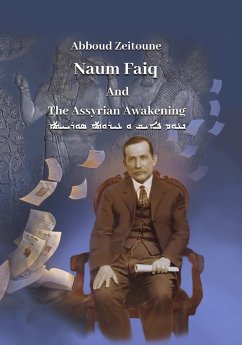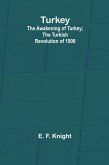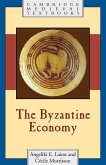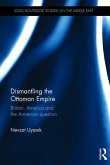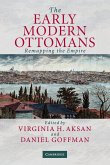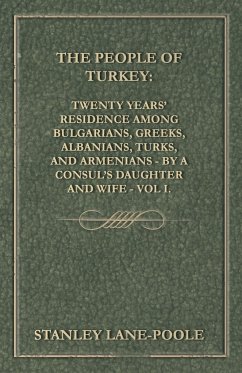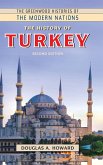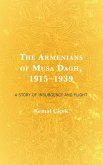Naum Faiq Palakh is unquestionably considered a mastermind of the Assyrian national movement. In his long career as a journalist, writer and activist, he has left a great legacy. His works seemed to be completely lost since his death in 1930. But through painstaking work, a large part of his writings could be located again. With this book, numerous articles from originally Ottoman Turkish, Arabic and Syriac are translated into English for the first time. All texts are originally written in the Syriac alphabet in the periodicals Kawkab Madenho, Bethnahrin and Huyodo in the period from 1910 to 1930. The writings of Naum Faiq provide an insight into a critical period that threatened the very existence of the Assyrians. The massacres of 1895 and later the genocide of the Assyrians in the Ottoman Empire in 1915 fall into the period of his work. These events are reflected in the articles of the aforementioned publications. The translation of these texts is important due to the worldwide dispersion of Assyrians as a result of genocide and persecution, so that these first-hand articles can be passed on to future generations. "Naum Faiq is the most important Assyrian intellectual of the early twentieth century. Through his various periodicals published in the Ottoman Empire and the United States, reproduced in this book, he covers the development of Assyrian nationalism and cultural revival all through and after the First World War. He and his circle of contributors give outstanding insights into the development of Assyrian culture and identity." Prof. David Gaunt Professor of History, Centre for Baltic and East European Studies Södertörn University, Stockholm
Hinweis: Dieser Artikel kann nur an eine deutsche Lieferadresse ausgeliefert werden.
Hinweis: Dieser Artikel kann nur an eine deutsche Lieferadresse ausgeliefert werden.

